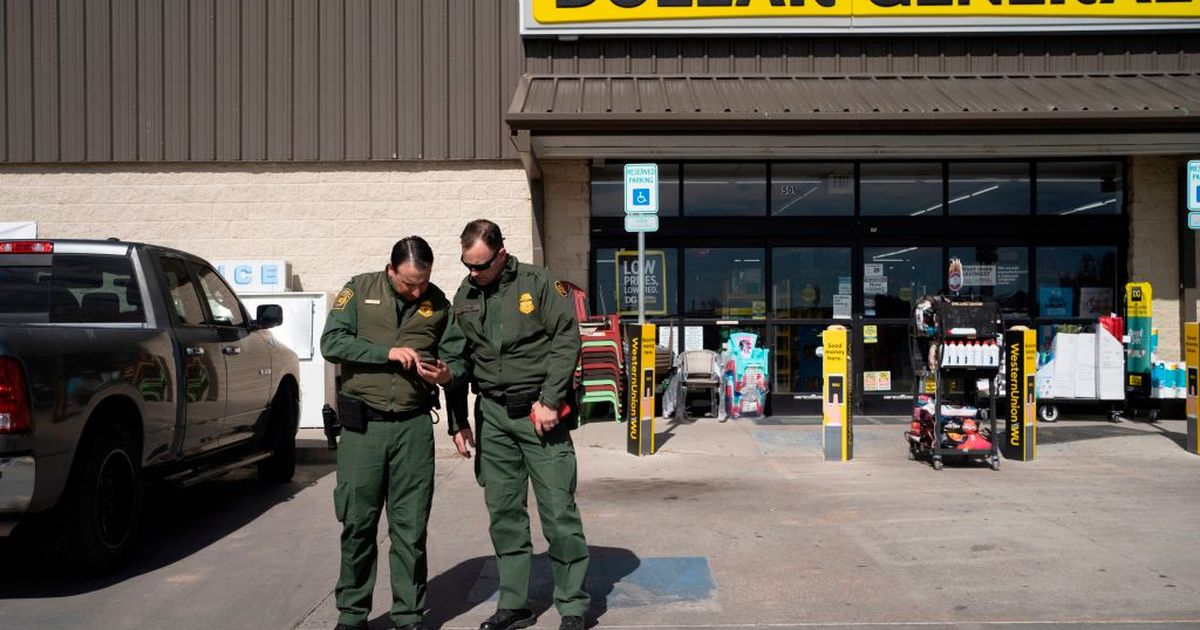
Customs and Border Protection agents once again have a green light to freely search the phones and computers of people entering the country, including U.S. citizens
According to Reuters, on late Tuesday, the 1st U.S. Circuit Court of Appeals found that both “basic” and “advanced” searches of electronic devices were permitted by border agents — without a warrant. This stands in stark contrast to a 2019 court ruling, which declared suspicionless searches unconstitutional.
It’s important to note that the advanced search, as defined here, permits copying the data off a person’s phone or computer for later analysis.
Thankfully, according to the ACLU, this ruling does not apply to the so-called border zone, which the ACLU cautions the government interprets as spanning 100 miles from the U.S. border. Instead, Esha Bhandari, deputy director of the ACLU’s Speech, Privacy, and Technology Project, confirmed that Tuesday’s ruling only applies to those in the process of crossing the border (which is still a lot of people, to be fair).
“Warrantless and suspicionless electronic device searches can give border officers unfettered access to vast amounts of private information about our lives,” explained Bhandari in an emailed statement. “We are disappointed with the ruling and evaluating all options to ensure we don’t lose our privacy rights when we travel.”
Tuesday’s ruling goes so far as to say that CBP agents don’t even need to suspect any wrongdoing to conduct a basic search. In 2019, the ACLU found that CBP agents more or less searched people’s electronic devices whenever they felt like it.
SEE ALSO: WTF: A hacker tried to remotely poison a Florida city’s water supply
The decision, notes the EFF, follows the warrantless search of 10 U.S citizens and one lawful permanent resident’s devices by CBP when they reentered the country in 2017. One of the people in question was a NASA engineer, who was reentering the U.S. after a solar-powered car race in Chile.
